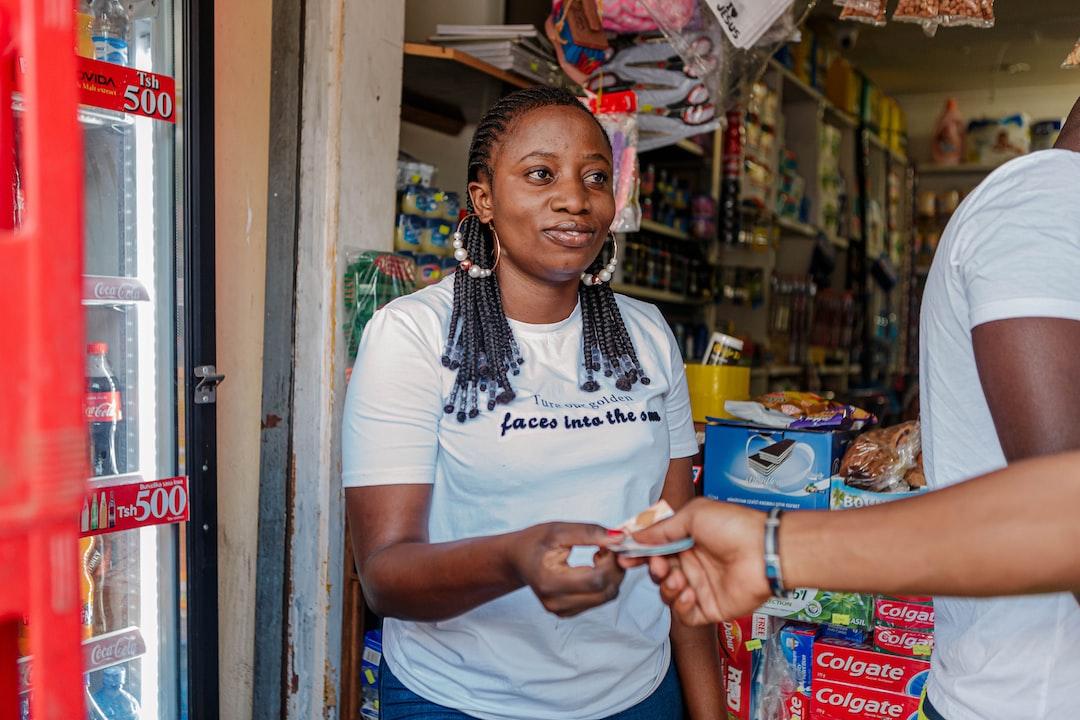AI Solutions Poised to Drive the Tokenization of Real-World Assets
Tokenizing real-world assets (RWAs) is gaining momentum as a potential game-changer for the crypto industry. According to a report released by investment bank Citi in March 2023, the market for RWAs is projected to reach $4 trillion to $5 trillion by 2030. While the technology for tokenization via blockchain is still not widely adopted, experts believe that artificial intelligence (AI) solutions could accelerate the use cases for tokenized RWAs.
Unlike the largely unregulated security token offerings (STOs) of the past, today’s tokenized RWAs offer a new level of tangibility. Dave Hendricks, CEO and Co-founder of Vertalo, explained that for an asset to be considered an RWA in the traditional sense, it must be legally held by a custodian and recognized as a high-quality liquid asset by banks for international settlements. Vertalo, a digital transfer agent and enterprise software platform, has been at the forefront of tokenizing RWAs since 2018. Hendricks emphasized that tokenization has enabled valuable and scarce assets like art, diamonds, and real estate to be fractionalized, allowing investors to own a portion of the asset and receive income from its use or lease.
The benefits of tokenized RWAs extend beyond increased tradability. Hendricks highlighted their transparency and potential for mid/back-office applications in traditional asset management functions. Large financial institutions, such as Blackrock, have shown interest in improving asset management functions using distributed ledger technology. In a recent funding round, Blackrock led a $47 million investment in Securitize, a company focused on bringing physical and traditional financial assets onto the blockchain. Similarly, Mastercard has announced plans to test distributed ledger technology for tokenized asset settlement, aiming to enhance cross-border settlements’ efficiency and reduce the risk of errors and fraud.
While the tokenization of RWAs gains traction, industry experts believe that AI will play a crucial role in advancing use cases. Meysam Alizadeh, Senior Researcher at the Digital Democracy Lab at the University of Zurich and CEO of Coinfident, explained that AI can facilitate asset value prediction for RWA token trades. For example, AI can analyze a venture capitalist’s portfolio of startups and RWAs to predict their future values or demand for their services, providing traders with a better understanding of the portfolio’s valuation.
AI is also being leveraged to determine the prices of tokenized RWAs. Jacques Voorhees, CEO, and Founder of RealCap, a tokenization platform, revealed that RealCap is developing an AI solution to help determine the price of RWAs with limited pricing information. Virtual fungibility, a technology introduced by RealCap, enables tokenized RWAs to be more tradable and reduces price discrepancies. However, AI is required to determine the prices of certain RWAs accurately. This is particularly relevant in the art market, where AI can provide objective measures for pricing each piece of art.
AI’s potential extends beyond pricing, as it can streamline RWA workflow analysis and automate tasks such as smart contract creation, contract reviews, bug detection, and compliance checks. Natalia Karayaneva, CEO and Founder of Propy, a company that has been tokenizing real estate since 2018, explained how Propy is using AI to automate transaction timelines and enhance the property investment process. AI can read purchase agreements, create transaction trackers, and set intelligent deadlines for deposits and loan approvals, ensuring a smoother, secure, and transparent property investment process.
Despite the promising role of AI in advancing tokenized RWAs, challenges remain. Limited data access may hinder the application of AI in the mentioned use cases. AI relies on data, and restricted data access decreases its usability. Additionally, decentralized exchange users may not be subject to Know Your Customer (KYC) procedures, limiting the information available for customer risk assessment AI models. Overcoming these challenges may require further research and solutions that balance user privacy concerns.
Beyond AI, regulatory issues and asset verification pose significant challenges to the tokenization of RWAs. Tokenizing an asset, such as a building, can subject it to securities regulations, potentially discouraging the use of RWA tokens. Furthermore, verifying the authenticity of the assets underlying RWA tokens remains a concern for crypto traders.
Despite these challenges, tokenized RWAs offer significant potential, particularly when carefully structured. Hendricks emphasized the importance of structuring tokenized RWAs correctly to ensure their success. While most tokenized RWAs in decentralized finance (DeFi) are debt or loan instruments with minimal regulation, creating a security from a tokenized RWA requires a secured interest in the underlying asset and compliance with regulatory requirements.
In conclusion, AI solutions have the potential to drive the tokenization of real-world assets, transforming the crypto industry. By enabling asset value prediction, determining prices, streamlining workflows, and automating tasks, AI can enhance the transparency, tradability, and efficiency of tokenized RWAs. However, challenges such as limited data access and regulatory issues must be addressed to fully realize the potential of AI in this space.


